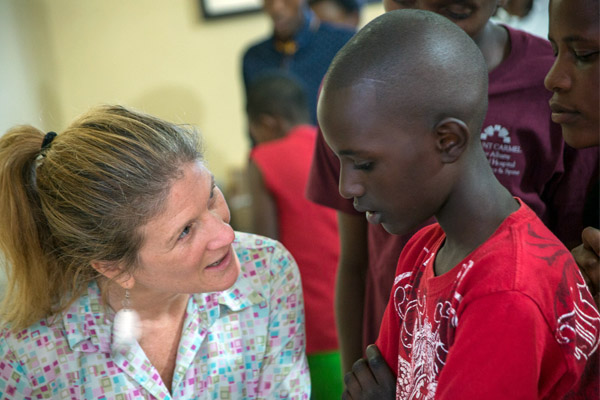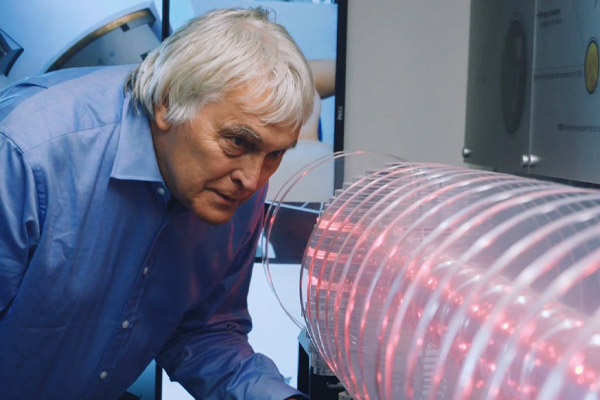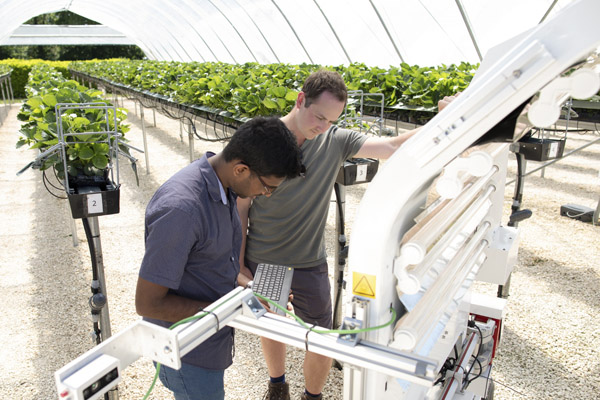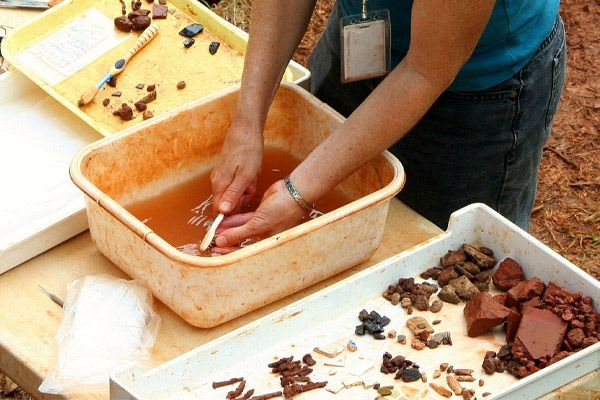/prod01/university-of-lincoln-cdn-pxl/media/responsive2017/images/course/coursebanner/Computer,Science,and,AI,1600X600.jpg )
Research Impact Case Studies
Solving Real-world Problems
We believe our research should contribute to solving real-world problems. The best way to ensure this is to work with external partners, and our experience of working alongside others in the 'co-creation' of knowledge has led to better research. By cooperating with regional and international partners we can contribute to developing our local economy and community and also address pressing global challenges.
The impact of our research is showcased in our submission to the Research Excellence Framework 2021, covering 22 widely different subject areas and demonstrating the breadth of work across many aspects of society, culture, the environment, the economy, and beyond.

Mobile Arts For Peace
Mobile Arts for Peace (MAP) works with young people to use the arts as a way to share their experiences and communicate their own ideas for peacebuilding and conflict prevention within their own communities.

A Thousand Lost Voices Preserved
A living archive of 1,000 previously lost voices telling tales of the shared experiences, bravery, and sacrifice of those who lived through the aerial bombing campaigns in the Second World War has been digitised and preserved for future generations.

Improving Outcomes for Cancer Patients
A new medical imaging system designed to help oncologists and medical physicists more accurately plan proton beam therapy treatment could provide a positive beam of hope for cancer patients.

Saving Alexandria: When Old Meets New
A leading international architect from the University of Lincoln has been working with Sigma Properties in Egypt for almost ten years in a bid to restore some of Alexandria’s most impressive buildings and reinvigorate its culture.

Bridging the Urban-Rural Divide
A team of leading economic development specialists have produced a comprehensive guide on how to set up and run high-tech digital hubs in remote and rural locations which might otherwise suffer from a lack of digital infrastructure.
What is Research Impact?
According to REF 2021, impact is defined as 'an effect on, change or benefit to the economy, society, culture, public policy or services, health, the environment or quality of life, beyond academia'.
This impact includes, but is not limited to, an effect on, change, or benefit to:
- the activity, attitude, awareness, behaviour, capacity, opportunity, performance, policy, practice, process or understanding of an audience, beneficiary, community, constituency, organisation or individuals
- in any geographic location whether locally, regionally, nationally or internationally
Our research, as highlighted in these case studies, is doing just that, changing lives and addressing real-world problems.

Digital Technology and Food Manufacturing
From using satellites to track asparagus crops, to measuring the lean meat percentage of pork using a high-tech camera, companies across the £28.2bn UK food manufacturing supply chain are embracing emerging technologies in new and interesting ways.

Stabilising the National Grid
Researchers and engineers at the University of Lincoln have built an imitation supermarket – the Refrigeration Research Centre – in a bid to tackle the impact of mass refrigeration on the UK's carbon footprint and support our strained National Grid.

How to Solve a Problem Like Malaria
Professor Chris Thomas, Global Chair at Lincoln, is the Principal Investigator in the NERC-funded FLOODMAL project, an international collaboration deploying novel techniques to study malaria vector distribution on the Zambezi floodplain.
.jpg)
Putting People at the Heart of Politics
Political engagement and policy is generating more debate than ever before. The University of Lincoln is attempting to enhance understanding of the relationship between the British public and the processes which shape political decision-making.

Supporting Wellbeing Through Archaeology
Rural residents across Europe have been taking part in a project led by the University of Lincoln which aims to boost community wellbeing by exploring how making new archaeological discoveries can positively impact rural inhabitants.